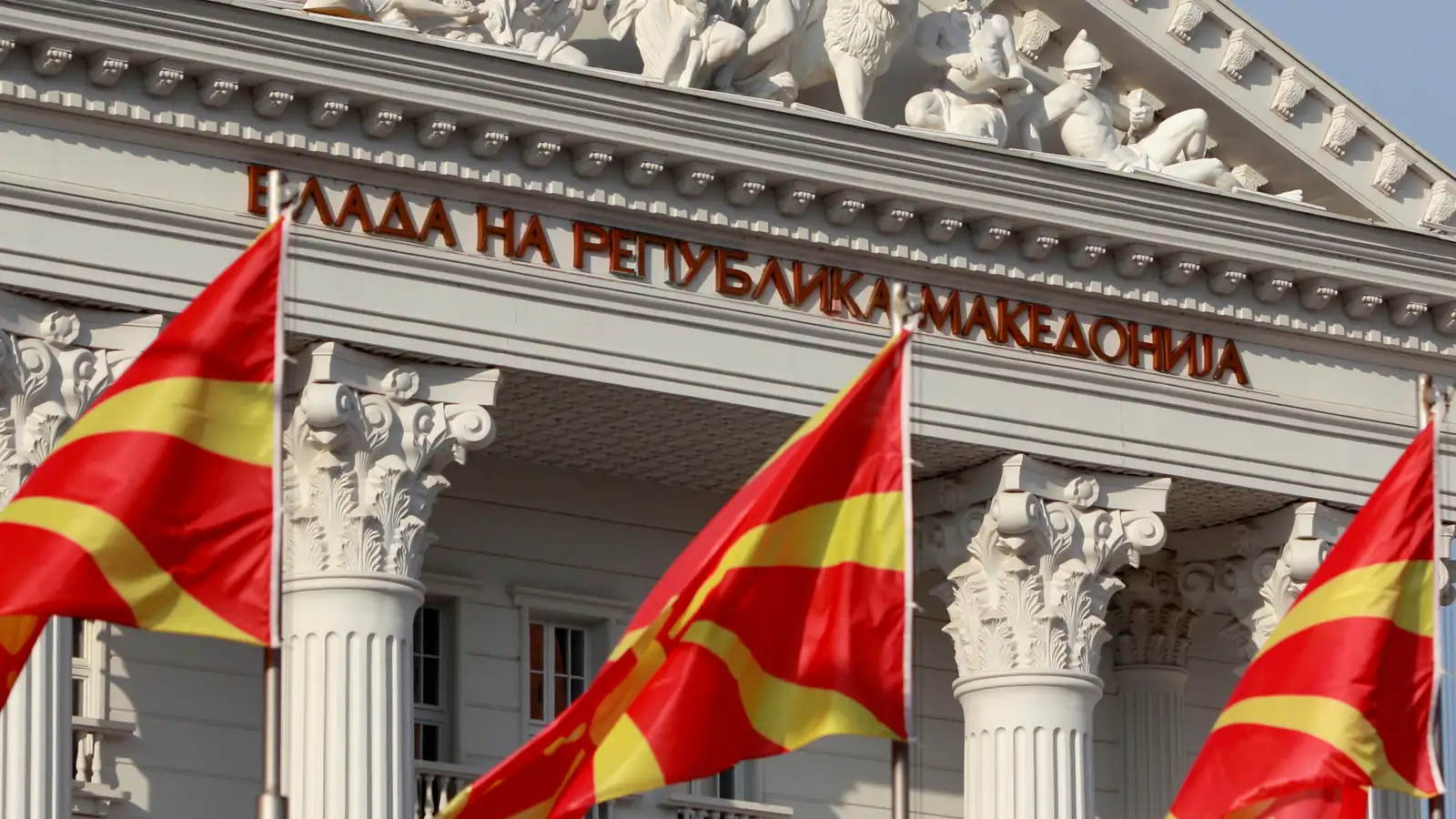A rose by any other name may smell as sweet, but Macedonia can’t keep its current name and please Greece.
Still, the fix may be relatively simple. The addition of one word—North—may make all the difference in resolving a 27-year diplomatic dispute, and there may soon be a nation called North Macedonia.
The neighboring nations Greece and Macedonia have been debating Macedonia’s chosen name since 1991, when the small country that was once part of the former Yugoslavia adopted the name. Greece objects because it has its own region called Macedonia. It also takes offense because it argues that its northern neighbor’s name indicates its greater territorial ambitions. Macedonia, for its part, will agree to the name change if Greece will stop blocking its efforts to join NATO and the European Union.
In 1995, the two countries came to an interim agreement brokered by the UN. Macedonia came to be known as the Former Yugoslav Republic of Macedonia, or FYROM. Today (June 12), leaders from both nations said a final agreement may well have been reached.
Re-birth of a nation: The Republic of North Macedonia
The new name, Republic of North Macedonia—Severna Makedonija in Macedonian—should resolve the conflict once and for all. According to the BBC, Macedonian prime minister Zoran Zaev, speaking live on TV in Macedonia, said, “There is no way back.”
Don’t break out the champagne just yet. First the Macedonian parliament and people have to vote on the proposed new name. And the Greek parliament has to agree that this is an acceptable resolution. Macedonia will also have to change its constitution, according to Zaev.
He reportedly proposed four options to settle the long-standing dispute, including Republic of North Macedonia, Republic of Upper Macedonia, Republic of Vardar Macedonia and Republic of Macedonia. Last month, at an EU summit in Bulgaria, Zaev and Greek prime minister Alexis Tsipras discussed a resolution, and the two spoke twice on the phone this week before announcing the deal. They got kudos from NATO Secretary General Jens Stoltenberg, who tweeted his pleasure over the “historic agreement.”
The history behind the dispute
Greece was peeved by Macedonia’s choice of name for historic reasons. In the 4th Century BC, the Macedonian Empire ruled by Alexander the Great included what is now modern Greece. The Greeks argue that modern Macedonia is actually part of Hellenic culture. But the new deal will also emphasize the fact that Macedonians to the north speak a Slavic language and don’t have a linguistic kinship with the Macedonians of Greece.
The BBC reports that many Greeks are resistant to a deal that includes the name Macedonia at all. Earlier this month protestors descended on 25 cities to oppose an agreement. Similarly, in February, protests in Athens and Thessaloniki prompted renowned Greek composer Mikis Theodorakis to proclaim, “Macedonia was, is and will forever be Greek.”
It seems, however, that the Republic of North Macedonia, won’t be.
